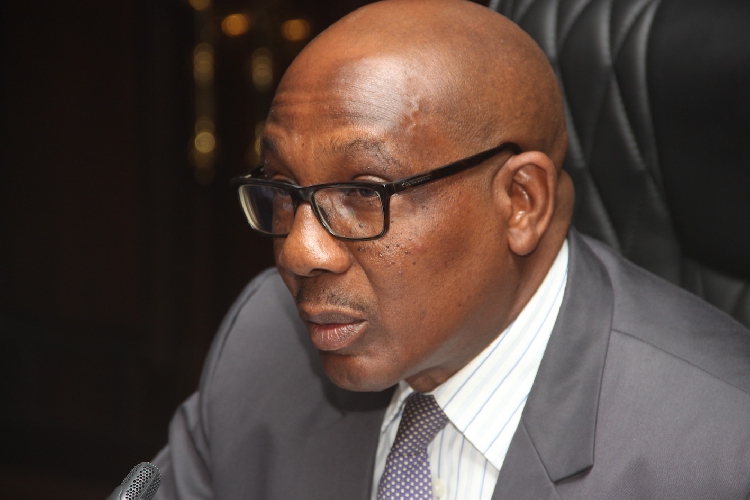Secretary to Cabinet George Simataa has asked executive directors to respect the ministers they serve.
Simataa was speaking on Desert Radio on the sidelines of an executive director and chief regional officers retreat at Swakopmund on Saturday.
“I sit with executive directors (EDs) every three months doing their performance review. I spend about 45 minutes to one hour with each of them looking at what they have done for the past three months to understand what is it that causes these types of problems.
“I encourage them and tell them that you should respect a minister, but do not be afraid of the minister. There is a difference between fear and respect.
Simataa said he has dealt with two incidents of bad blood between ministers and EDs during his tenure as secretary to Cabinet, but did not elaborate on the cases.
However, in 2014, The Namibian reported on tensions reaching boiling point between then health minister Richard Kamwi and Andrew Ndishishi.
The conflict stemmed from a severe shortage of life-saving drugs, which Kamwi blamed what he termed an “inexperienced team” for.
At the time, Ndishishi was in charge of the central medical stores.
Tensions within other ministries over power and authority had also prompted president Hage Geingob to advise ministers to be more firm with EDs.
“Ministers, you are the political heads, all of you. How can you be fighting with the permanent secretaries if you are the political head? It means you are failing. Be strong, don’t allow permanent secretaries to control you,” he said at the time.
In the same year, former minister Haufiku also clashed with his permanent secretary Andreas Mwoombola over a critical shortage of essential medicines.
Things also soon came to a head at the works ministry when then permanent secretary Willem Goeiemann locked horns with prime minister Saara Kuugongelwa-Amadhila and then finance minister Calle Schlettwein.
Simataa, however, noted that over the years there has been a marked improvement in relations between political office-bearers and technocrats in ministries.
“We have improved the relationship between political office-bearers and executive directors. However, because these are individuals, there is no university where you can take people to change their behaviour.
“What always brings problems and what we have seen in the past, and which we all agree is when there is no communication between the political office-bearer and the ED. The only thing is to make sure that they talk as much as possible.”

INSIDE THE EXECUTIVE DIRECTOR’S RETREAT
In the meantime, several EDs highlighted challenges in various sectors that have hamstrung Namibia’s progress in reaching its goals.
Education ED Sanet Steenkamp said education should not be seen as an expense if Namibia is to progress.
“Education by itself will not bring us the success that we want. We need sustainable investment in our country in human capital for sustained economic development. We need to invest.
“This is why we need a mind shift; education is not an expenditure. It is an investment. And unless the family sees it as such, unless the communities and the public entities and the private sector see it as such, we will still have a problem.”
Namibia Investment Promotion and Development Board head Nangula Uaandja stressed that Namibia’s triple challenges of poverty, inequality and unemployment have been worsened by external global factors.
She told delegates there is thus a need to do things differently.
“If we want to have different results, we need to probably consider whether we are doing the same thing, or whether we should start doing something different. It doesn’t necessarily mean we must change everything, but sometimes it’s important to do a root cause analysis,” she said.
Stay informed with The Namibian – your source for credible journalism. Get in-depth reporting and opinions for
only N$85 a month. Invest in journalism, invest in democracy –
Subscribe Now!






